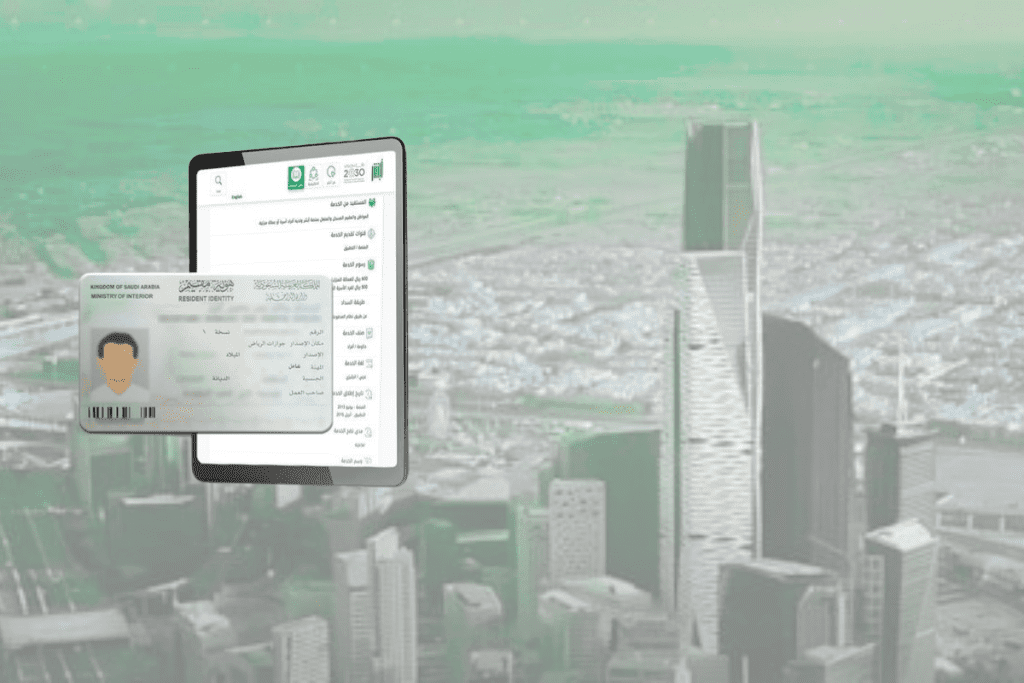
Relocating talent across borders requires more than just securing a visa and a flight. In Saudi Arabia, a smooth onboarding process is heavily dependent on how well both expatriates and employers navigate post-arrival formalities and compliance protocols. With strict labor laws and digital governance platforms, every step must be handled with accuracy and timeliness.
We have provided a structured overview of the critical onboarding and compliance steps that expatriates and HR teams must follow to ensure legal, operational, and professional readiness in Saudi Arabia.
The Critical Role of Compliance in the First Weeks
For both professionals and organizations, compliance is not just a regulatory requirement, it’s a business enabler. Delays or missteps in fulfilling post-arrival obligations can lead to:
Legal violations or fines
Delayed payroll or access to essential services
Limited ability to travel or process dependent visas
Reputational risks for employers
A proactive approach ensures faster integration, operational efficiency, and a more positive employee experience.
Onboarding and Compliance Steps After Arrival in Saudi Arabia
1. Issuance of the Iqama (Residence Permit)
The Iqama is the official residence ID and the most critical document for any expatriate living and working in Saudi Arabia. It enables access to banking, healthcare, housing, and government services.
To obtain the Iqama:
Undergo a mandatory medical examination at an approved health center
Secure health insurance coverage through a registered provider
Employer initiates the Iqama application via the Absher or Muqeem platform
Completion time: Typically within 7–14 business days post-arrival
Compliance Note: Delays in Iqama issuance can result in fines and affect employment status.
2. SIM Card and Local Connectivity Setup
A valid Saudi mobile number is required to activate most digital services, including Absher and Tawakkalna. New arrivals can purchase SIM cards at the airport or from telecom providers such as STC, Mobily, or Zain.
Pro tip: Ensure your SIM is registered with your Iqama once issued, as it’s linked to all digital identity verifications.
3. Digital Registration on Government Platforms
After receiving the Iqama, expatriates must register on the following platforms:
Absher: Used to manage visa details, residency status, traffic violations, and service requests
Tawakkalna: Required for accessing various public services and verifying legal status
Timely registration is essential, as many services require authentication via these platforms.
4. Signing the Qiwa Employment Contract
The Qiwa platform, operated by the Ministry of Human Resources and Social Development, facilitates transparent digital contracting between employers and employees.
Action Points for Employers and Employees:
Ensure the contract terms match the job offer
Review and digitally sign the contract on Qiwa
Keep a record of the signed agreement for future reference
This step is legally binding and must be completed promptly after arrival.
5. Maintain Entry and Exit Visa Documentation
While the Iqama allows for residency, the entry visa and any future re-entry visas must be carefully managed. Employees should retain copies of all visa documentation, and HR teams should maintain accurate visa status tracking for all expatriate employees.
For Employers: Establishing a Structured Onboarding Framework
Organizations hiring foreign talent must implement a clear post-arrival checklist to ensure compliance and enhance the onboarding experience.
Best practices for HR and mobility teams include:
Centralizing onboarding communication and documentation
Assigning dedicated case managers or onboarding coordinators
Regularly monitoring Saudization and Nitaqat compliance to maintain hiring eligibility
Staying informed on regulatory updates from the Ministry of Human Resources, Jawazat, and relevant authorities
Saudi Arabia continues to attract global talent across key sectors such as energy, healthcare, IT, and infrastructure. However, successful onboarding depends on precision, awareness of local requirements, and alignment between expatriates and HR teams.
By prioritizing post-arrival compliance and structuring the onboarding journey effectively, organizations can build a compliant, engaged, and productive workforce from day one.










